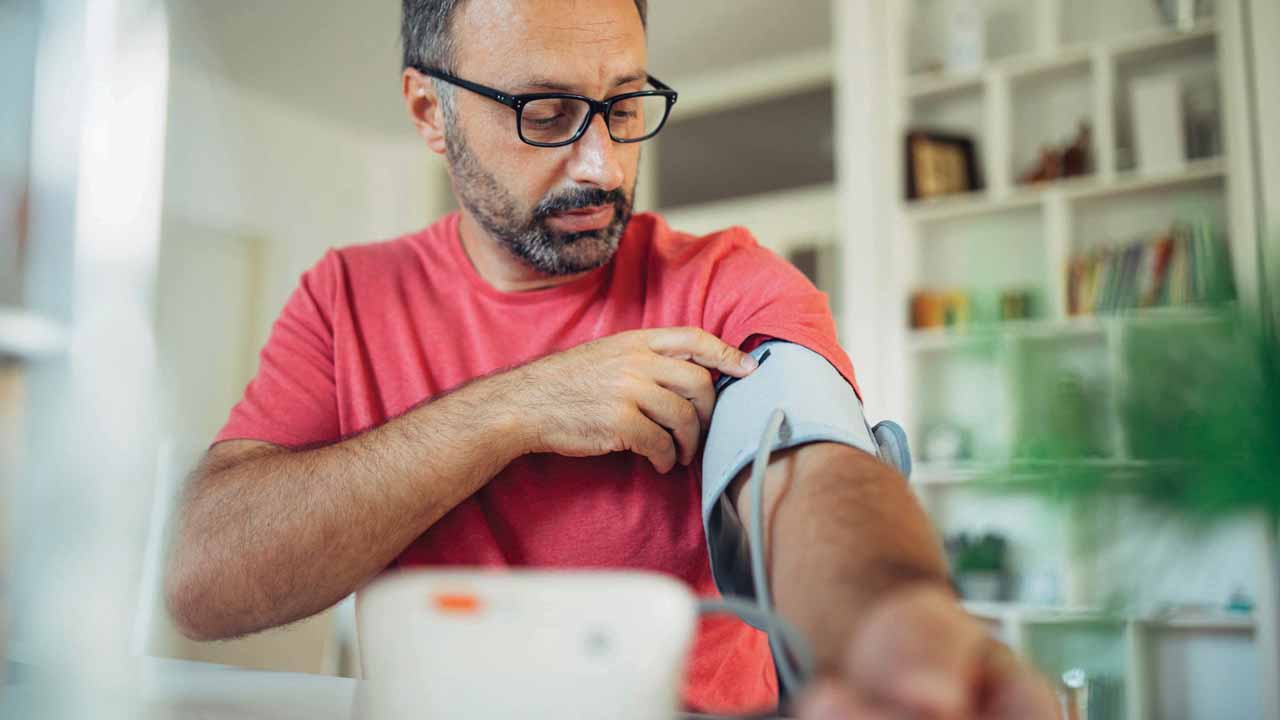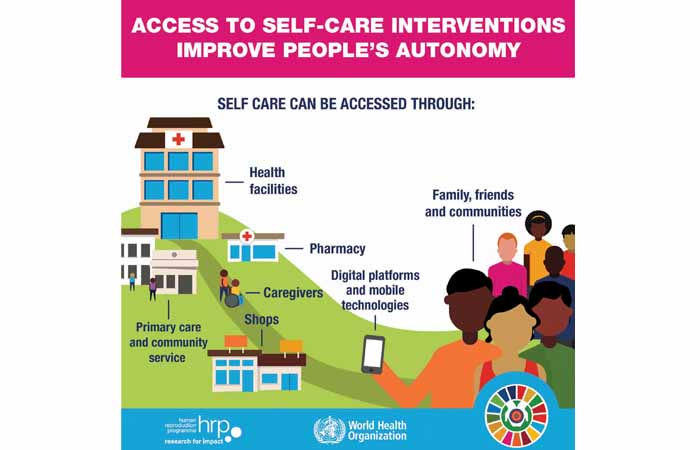In Campaigns
Follow this topic
Bookmark
Record learning outcomes
Self care has always been a fundamental part of treatment recommendations in the pharmacy, so its benefits will be of no new news to the pharmacy team. Many customers, however, and much of the general public, still rely heavily on support from healthcare professionals.
The World Health Organization (WHO) hence hopes that Self Care Day will remind the public of the importance and convenience of self care, and the positive impact it can have on customers and practitioners alike.
Everyone has a role to play in maintaining their own health. Self care is a huge part of this. The WHO defines self care as: “The ability of individuals, families and communities to promote their own health, prevent disease, maintain health, and to cope with illness with or without the support of a health or care worker.”
One of the important messages that the WHO is pushing this Self Care Month and Self Care Day, is that there are two parts to self care: self care actions and self care interventions.
Actions
“Self care actions are habits, practices and lifestyle choices, things that we can do to help look after ourselves and lead a healthier life,” says the WHO. Examples of self care actions include:
- Regular exercise. “Every movement counts and physical activity has huge health benefits for our hearts, minds and bodies. It also helps with thinking, learning and making judgements,” says the WHO
- Eating a healthier diet. “Eat a variety of foods including whole grains, nuts, lots of fruit, vegetables, and legumes like lentils and beans,” recommends the WHO
- Looking after mental health. “Good mental health is vital to our overall health and wellbeing,” says the organisation. Looking after one’s mental health can look like spending time in nature and outdoors, talking to family and friends, getting a good night’s sleep, managing stress and limiting ‘high-stress’ situations, and talking about mental health problems when they arise – which includes seeking help when needed
- Lastly, quitting or at least cutting down on alcohol and tobacco.
Interventions
On the other hand, “self care interventions are evidence-based tools that support self care. They include quality medicines, devices, and diagnostic and digital tools”, notes the WHO. Many people already make use of self care interventions, perhaps without even knowing it.
For example, someone who is sexually active and makes sure to regularly get checked for STIs is making use of a self care intervention. Or, someone who supplements their diet with vitamins and minerals is making use of high-quality medicines to better support their nutrition – an act of self care.
Everyone benefits
Not only is self care beneficial to the individual, but self care practices also relieve pressures on healthcare systems and professionals. This often means that healthcare workers have more time to look after those with issues that cannot be managed with self care, decreases wait times and frees up space for urgent appointments.
In the UK, there is a huge nation-wide push to focus more on self care and to get this message out to all corners of England, Northern Ireland, Scotland and Wales. The Self Care Census Report 2024 by the PAGB (The Consumer Healthcare Association) revealed that 75 per cent of GP appointments for self-treatable conditions resulted in advice to use over-the-counter (OTC) medicines, with at least 25 million GP appointments and five million A&E appointments being for self-treatable illnesses – pharmacy teams can play a vital role in combatting this drain on healthcare resources.
International Self Care Day
Self Care Day, specifically, is following the theme #SelfCarePromise. The goal is to get as many people as possible to pledge their #SelfCarePromise – what are the public going to promise themselves to do to maintain their health and prevent future illness? “Together we can amplify our voice as we demand change that would empower individuals and raise awareness for better health outcomes,” says the Self Care Federation.
In the pharmacy, you can encourage customers to pledge their promise and take control of their health. Being an advocate for self care means reminding customers that they can take a proactive approach to handling their health and always encourage a balanced lifestyle.
Resources
There are plenty of helpful resources you can use to better your own knowledge as well as share with customers:
- Self-care is health care: self-care-is-healthcare.org
- Self-care Forum: selfcareforum.org
- Global Self-Care Federation: selfcarefederation.org
- PAGB: pagb.co.uk/policy/self-care/.


